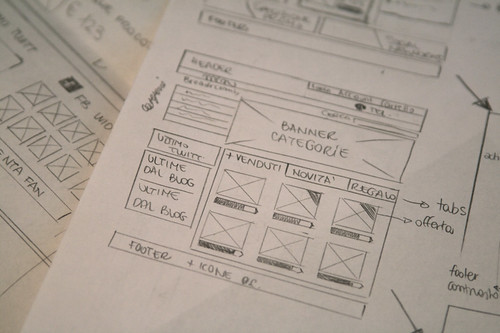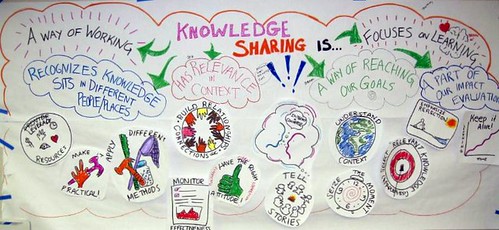At the AUSIT Biennial Conference in November 2010, Tineke Van Beukering shared her thoughts and practical experience of post-editing machine translation output. It was a great session so I was delighted to attend another more indepth talk by Tineke on the same topic a few weeks ago.
Among other things, she covered:
- the role of the MT post-editor.
- the advantages of using MT + a skilled post-editor (i.e. it’s not just about the money).
- the differences between MT post-editing and checking.
- a typical MT workflow, including other emerging sources of work, e.g. MT optimisation.
- how to make a lucrative income stream out of MT post-editing.
- how and why she got into this line of work.
- what she finds most satisfying about it.
Machine translation: not a question of “good” or “bad”
Something that particularly interested me was Tineke’s discussion of her initial resistance to working with MT output, and how she came to terms with that.
She said it posed an ethical dilemma for her when she was first offered this work, because she didn’t want to contribute to practices which she believed might lead to the end of her profession. These initial concerns reflected many of the usual fears we hear bandied about when the topic of MT makes an appearance, and I was impressed with the way in which Tineke went about testing her fears, before coming to her current and ultimately more informed conclusions.
What constitutes a “real” translator?
I also got the impression that Tineke felt she had to strongly defend her decision to work with MT output to her peers. I sensed that she may have been at the receiving end of explicit or implicit criticism for her choice in the past. (To be fair, I didn’t get a chance to talk to Tineke about this so I could be way off base.)
It caught my attention because I’ve seen this kind of snobbery rear its ugly head in the profession before. And it’s a shame that some translators feel they can look down on peers who apply translation skills in a way that may not fit the traditional “word-in, word-out” model of translation.
To stay relevant, translators need to be able to apply translation-related skills to a range of communicative tasks. I see it as an extension of the poverty-trap mentality which Jill Sommers refers to here, when those who dare to earn a living and adapt to a changing profession are somehow deemed less of a “proper” translator for doing so.
Translation professionals vs. people who translate
I didn’t entirely agree with all the points Tineke made though. For example, she drew some comparisons between the use of translation technology today and the automation of tasks during the industrial revolution, which saw so many workers lose their jobs.
For me, this doesn’t sit well for a couple of reasons, primarily because it compares translators to workers who were often unskilled and who did low-level, repetitive manual labour. While many such workers were indeed replaced by technology during the industrial revolution, some jobs were retained, and many new ones were created for supervisors, managers, skilled technicians, and so on. In my view, professional translators are more akin to these managerial, skilled and/or specialised roles.
Tineke spoke too about the financial benefits of working in this emerging field. This reminded me of an ITI salary survey from 10 years’ ago (the most recent one, as far as I’m aware). Those who reported generating the highest income were referred to as “language professionals”, while all other categories of earners were “translators”. At the time I hypothesised that maybe this was because these professionals applied more to their work than their (not inconsiderable) translation skills, and viewed themselves more broadly than through the prism of translation only.
Crystal-ball gazing has never been my thing. But I’m now more convinced than ever that this is how the careers of professional translators will look in the future. There will always be work for those with highly developed translation skills, but very few of us will work with words in a way we recognise today. This is not something to be sad about, any more than we should feel sad that accountants now use Excel instead of abacuses. Because as our roles become increasingly sophisticated and complex, we evolve, and professionalise, and gain greater recognition.
Above all, we need to be careful with our judgements and our snobberies (and I include myself in that). We need to encourage more translators like Tineke to stand up and share what they’re experiencing at the wordface, without making them feel like their commitment to the profession will be called into question in the process. Because we can’t prepare for the future if we’re not even aware of what’s happening around us in the present.




